
Managing Risk Factors of Heart Disease
High blood pressure and high cholesterol are two factors that greatly increase your risk of heart problems. Because these conditions don’t cause symptoms, it’s important to be checked regularly and to get treatment if you develop either. Your primary care doctor or primary care provider will test you regularly and help you manage these conditions if you develop them. If you are referred to a cardiologist, your primary care doctor will continue to manage these conditions but will work closely with your cardiologist.
High blood pressure and high cholesterol can sometimes run in families. They also can develop as a result of lifestyle factors, such as being overweight, eating unhealthy diets (especially ones high in salt or saturated fat), not exercising and smoking. Your primary care provider will work with you to develop a treatment plan that often will include medication and changing your lifestyle.
High Blood Pressure Effect on the Heart
High blood pressure places excess force on the walls of your arteries, causing damage to the insides. Fat and cholesterol in your blood can stick to the damaged areas and over time leads to plaque buildup. This buildup narrows your arteries, requiring your heart to work harder to get blood to pump through. The strain on your heart can lead to heart failure. And if the artery becomes completely blocked, you’ll have a heart attack. High blood pressure also can cause your arteries to bulge and leak or split open, causing a stroke. Learn more about blood pressure and get help managing it.
High Cholesterol Effect on the Heart
Cholesterol is a waxy substance that travels throughout your body in your blood. It is formed naturally in the body and you need it to help form healthy cells. But if there is too much cholesterol in your blood, it sticks to the insides of your blood vessels, causing them to harden and become narrower. Narrow blood vessels make the heart work harder, and they can become blocked, leading to heart attack, stroke, or peripheral artery disease.
Blood Pressure and Cholesterol Screenings
The US Preventive Services Task Force recommends having your blood pressure screened at age 18. If your blood pressure is normal and you have no other risk factors for heart disease, you will only need to be screened every three to five years. Beginning at age 40, you should be screened annually if your blood pressure is normal and you have no other risk factors of heart disease. Your doctor will discuss screening recommendations for you based on your family history, your personal health history, your results, and other risk factors such as your weight, diet, and whether or not you smoke.
According to the Centers for Disease Control and Prevention, you and your family should get a cholesterol screening at the following intervals:
- Once between ages 9 and 11 (before puberty)
- Once between ages 17 and 21 (after puberty)
- Every 4 to 6 years in adulthood
If your family has a history of early heart attacks or heart disease, or if you are obese or have diabetes, your doctor may recommend screening for high cholesterol more often.
Good Blood Pressure and Cholesterol Levels
Maintaining ideal levels of blood pressure and cholesterol is important to reducing your risk for heart disease. Normal blood pressure is less than 120/80 mm Hg. When it comes to bad (LDL) cholesterol, “lower is better,” according to new guidelines from the American Heart Association. Your risk of heart attack and stroke is lower if you have a total cholesterol reading of 150 mg/dL or lower and an LDL-C at or below 100 mg/dL.
Reducing Blood Pressure and Cholesterol
If you have high blood pressure or high cholesterol, your doctor will work with you on a plan to lower your numbers. That often includes:
- Prescription medication.
- Exercising at least 30 minutes a day five days a week or more.
- Eating a diet centered around whole grains, fruit, vegetables, and lean protein.
- Getting adequate sleep.
- Taking steps to manage stress.
- Having more frequent screenings to monitor your blood pressure and cholesterol.

Cardiac Device Specialist
Cardiology
Interventional Cardiology
DuBois Regional Cardiology Associates - St. MarysA Partnered Service with Penn Highlands Healthcare
DuBois Regional Cardiology Associates - DuBoisA Partnered Service with Penn Highlands Healthcare
DuBois Regional Cardiology Associates - PunxsutawneyA Partnered Service with Penn Highlands Healthcare

Cardiology
Interventional Cardiology
Non-Invasive Cardiology
DuBois Regional Cardiology Associates - St. MarysA Partnered Service with Penn Highlands Healthcare
DuBois Regional Cardiology Associates - DuBoisA Partnered Service with Penn Highlands Healthcare

Cardiology
Interventional Cardiology
Cardiology Associates of Altoona, LLP - AltoonaA Partnered Service with Penn Highlands Healthcare
Cardiology Associates of Altoona, LLP - HuntingdonA Partnered Service with Penn Highlands Healthcare

Cardiology
Interventional Cardiology
DuBois Regional Cardiology Associates - ClearfieldA Partnered Service with Penn Highlands Healthcare
DuBois Regional Cardiology Associates - DuBoisA Partnered Service with Penn Highlands Healthcare
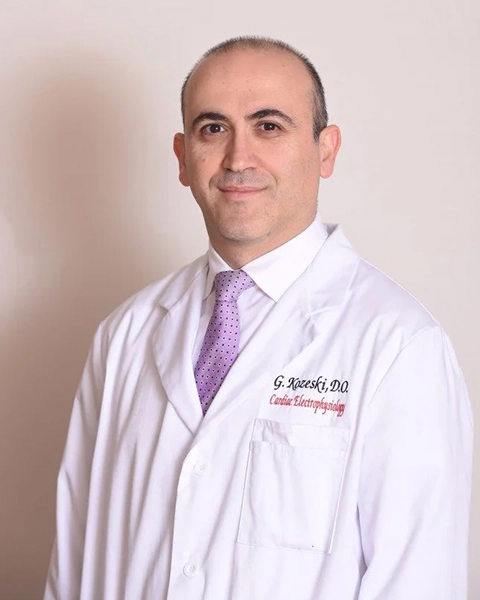
Cardiology
Cardiology Associates of Altoona, LLP - HuntingdonA Partnered Service with Penn Highlands Healthcare

Cardiology
Cardiology Associates of Altoona, LLP - HuntingdonA Partnered Service with Penn Highlands Healthcare
Cardiology Associates of Altoona, LLP- TyroneA Partnered Service with Penn Highlands Healthcare
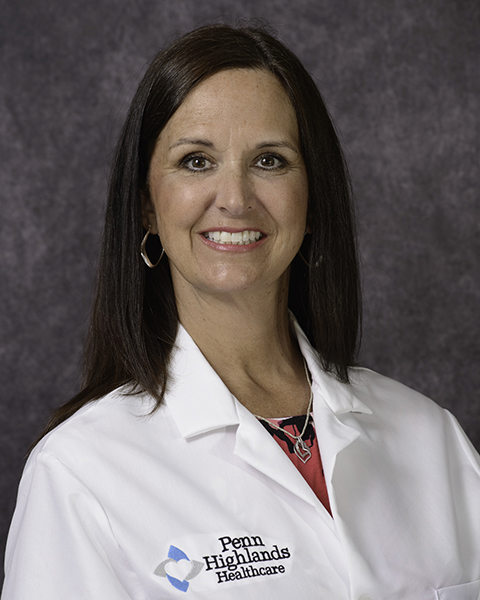
Cardiology
Cardiovascular/Thoracic Surgery
Penn Highlands Cardiology - Monongahela

Cardiology
Cardiology Associates of Altoona, LLP - HuntingdonA Partnered Service with Penn Highlands Healthcare
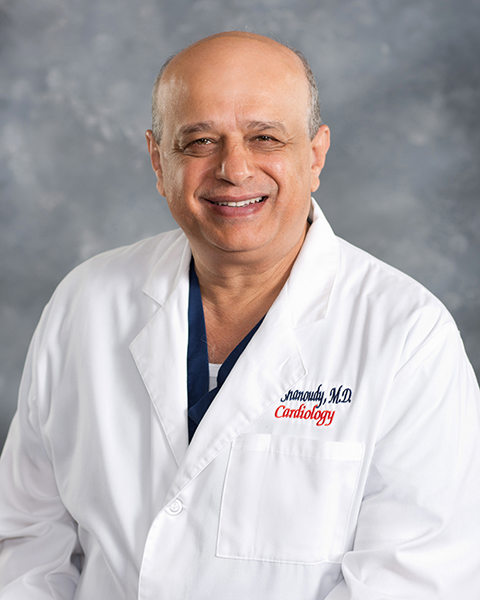
Cardiology
Cardiology Associates of Altoona, LLP - HuntingdonA Partnered Service with Penn Highlands Healthcare
Cardiology Associates of Altoona, LLP- TyroneA Partnered Service with Penn Highlands Healthcare

Cardiology
DuBois Regional Cardiology Associates - BrookvilleA Partnered Service with Penn Highlands Healthcare
DuBois Regional Cardiology Associates - ClearfieldA Partnered Service with Penn Highlands Healthcare
DuBois Regional Cardiology Associates - DuBoisA Partnered Service with Penn Highlands Healthcare
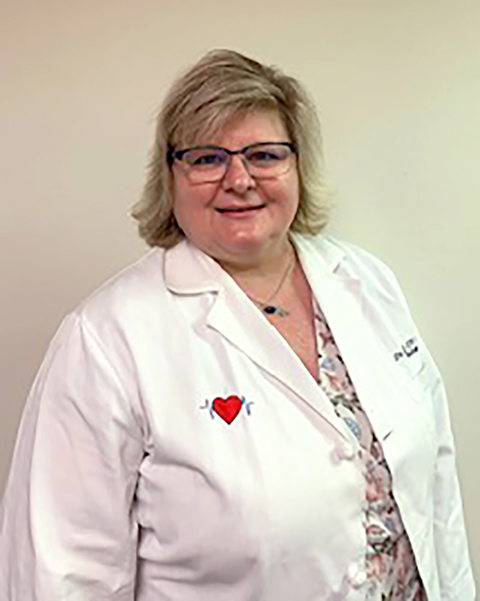
Cardiology
Cardiology Associates of Altoona, LLP - HuntingdonA Partnered Service with Penn Highlands Healthcare
Cardiology Associates of Altoona, LLP- TyroneA Partnered Service with Penn Highlands Healthcare
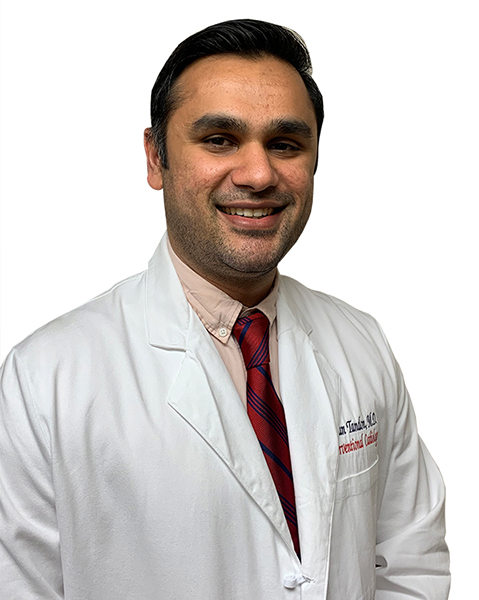
Cardiology
Cardiology Associates of Altoona, LLP - AltoonaA Partnered Service with Penn Highlands Healthcare
Cardiology Associates of Altoona, LLP - HuntingdonA Partnered Service with Penn Highlands Healthcare

Cardiology
DuBois Regional Cardiology Associates - DuBoisA Partnered Service with Penn Highlands Healthcare

Cardiology
Non-Invasive Cardiology
DuBois Regional Cardiology Associates - St. MarysA Partnered Service with Penn Highlands Healthcare
DuBois Regional Cardiology Associates - ClearfieldA Partnered Service with Penn Highlands Healthcare
DuBois Regional Cardiology Associates - PhilipsburgA Partnered Service with Penn Highlands Healthcare
DuBois Regional Cardiology Associates - PunxsutawneyA Partnered Service with Penn Highlands Healthcare
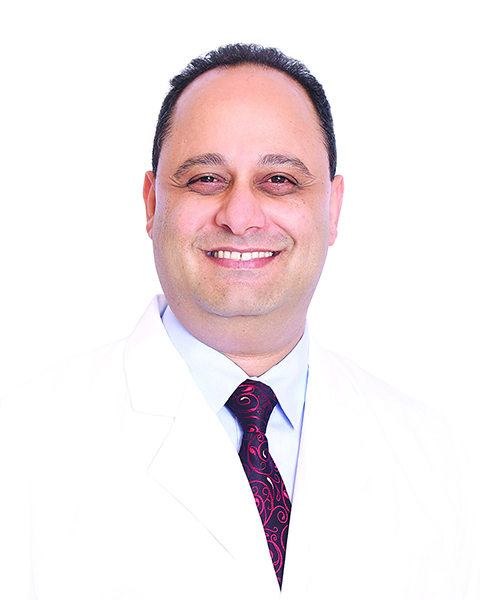
Cardiology
Cardiology Associates of Altoona, LLP - AltoonaA Partnered Service with Penn Highlands Healthcare
Cardiology Associates of Altoona, LLP - HuntingdonA Partnered Service with Penn Highlands Healthcare


